School activities such as cake and bake sales contradict healthy eating messages, a report by the Jamie Oliver Food Foundation has claimed.
The research, called A Report on the Food Education Learning Landscape, found 85% of primary and 86% of secondary school teachers said their school fundraising activities included bake sales.
“We must stop giving our kids contradictory messages,” said Oliver in his foreword to the study. “If we want healthy children, we need to make all schools a healthy zone.”
The report also noted concern over the food available at schools with cakes, cookies, doughnuts and pizza among those frequently offered, as well as their use as rewards.
“Unhealthy foods, like sweets, chocolate and cakes, are commonly used as part of school reward, celebration and fundraising activities. This contradicts pupils’ food education and parental opinion,” the report stated.
“At secondary level, most pupils reported there were few, if any, posters and information about healthy eating beyond their food technology classroom, although they did report frequent adverts for cake sales as part of fundraising.”
Reaction from the industry, and Twitter, has been mixed, with many slamming the TV chef for his views and citing recipes such as Jamie’s ultimate chocolate cake and desserts sold in his restaurant chains.
Others claimed bake sales were fun activities, which encouraged children to raise money for charity and learn new skills in the process.
Mark Bennett, owner of Patisserie Mark Bennett, disagreed with the chef-turned-campaigner. “Our industry is being hampered by people like him, we have to suffer the consequences of what they say. Everything in moderation is my motto: if you only ate cake you would have health issues, just like eating too much of anything else.”
Vhari Russell, founder of The Food Marketing Expert, said bake sales were a key part of fundraising activities and shouldn’t be removed lightly. Instead, more needed to be done to educate children and parents on how to make healthier treats to sell.
“As a mum of three daughters, I have attended many a cake sale and baked for them too. I would suggest Jamie attacking the cake sale is a tricky one. The cake sales are normally once a term and are a key fundraiser for many schools which are having their budgets slashed, and these sales generate money that is much needed,” she said.
“The key opportunity is to educate kids about cakes and bakes and how you can reduce the sugar and still deliver great flavour. Cooking needs to be taught back in primary schools where we can really start changing habits for the better.”
Others applauded Oliver for starting a debate. Tom Herbert, operations director at Hobbs House Bakery, said: "It’s unglamorous work, like the national equivalent of a strict parent at a party saying ’that’s enough now’. But if you love your children, then an anything goes approach to food and cake is not very loving."
But rather than cutting out cake entirely, he suggested moderation. "Treats as treats are surely okay, but perhaps schools that adopt a once a term policy have a stronger starting position," he added.
The report was commissioned by the AKO Foundation, with research undertaken by the British Nutrition Foundation, Food Teachers Centre and the University of Sheffield.
Alongside the concerns on cake sales, the report highlighted a stark difference between schools doing a good job at delivering strong food education and others struggling with a lack of time and resources. There were also ‘alarming’ concerns about the unhealthy food environment at secondary schools, compromising pupils’ ability to make healthy choices, and a clear demand from pupils, teachers and parents for healthier options.
To help resolve these, the report made four key recommendations:
- Schools should be healthy food zones
- More support should be given to the school workforce
- Improvements in food education qualifications and resources are needed
- Stronger reporting and evaluation needs to be in place






















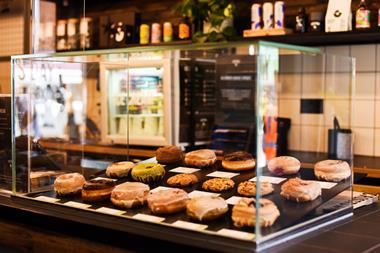
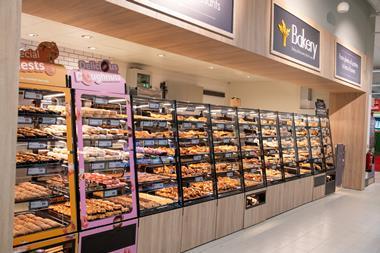

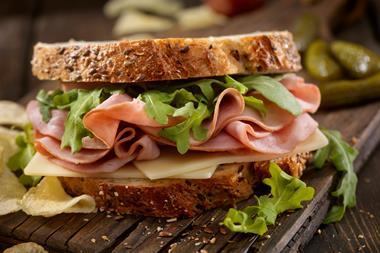

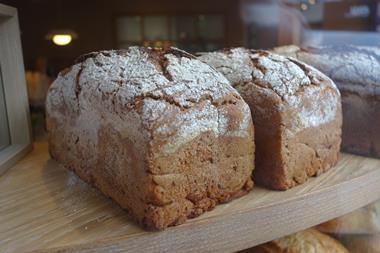


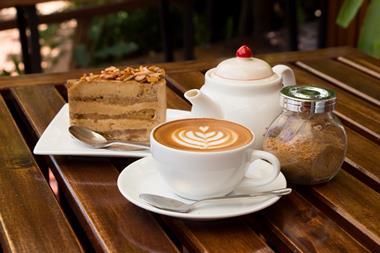
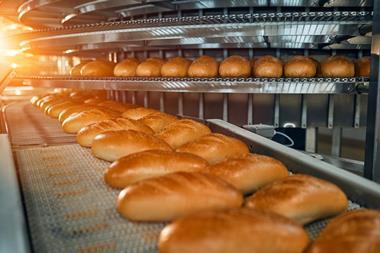
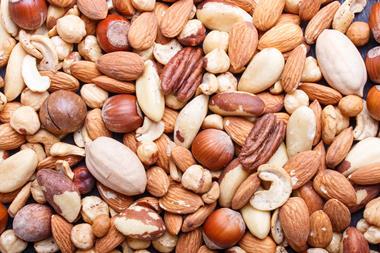


No comments yet